General description
Acetylcholine is an important neurotransmitter that plays a critical role in multiple neurological systems. Crucial for neurobiology studies, acetylcholine aids researchers in understanding synaptic transmission. In other forms of research, acetylcholine has an effect and influence on tumor neurobiology for cancer R&D, as well as a variety of other cognitive processes.
Application
For use as a substrate to determine acetylcholinesterase activity. Acetylcholine chloride has been used:
- for standard curve preparation in hestrin assay
- in Protein expression, radioactive ligand binding assay and electrophysiological studies of Lymnaea stagnalis acetylcholine binding protein (Ls-AChBPs)
- as a supplement in extracellular solutions for treating the voltage clamped cells in electrophysiology studies
Biochem/physiol Actions
Acetyl choline (ACh) is an essential neurotransmitter in both central and peripheral nervous system. ACh binds to nicotinic acetylcholine receptors (nAChRs) and causes fast excitatory neurotransmission.
Acetylcholine chloride, injected at 20 mg/kg body weight, reduces mortality and plasma proinflammatory cytokines in mice with experimentally-induced sepsis . The cholinergic anti-inflammatory mechanism is probably mediated by interaction of acetylcholine with α7n cholinoreceptor on monocytes, macrophages, and neutrophils, which decreases the levels of proinflammatory cytokines such as TNF-α, IL-1β, and IL-6.
Reconstitution
Reconstituted solution is stable for 2 weeks when stored at 2-8 °C
- UPC:
- 51151535
- Condition:
- New
- Availability:
- 3-5 Days
- Weight:
- 1.00 Ounces
- HazmatClass:
- No
- MPN:
- A9101-10VL
- CAS:
- 60-31-1












